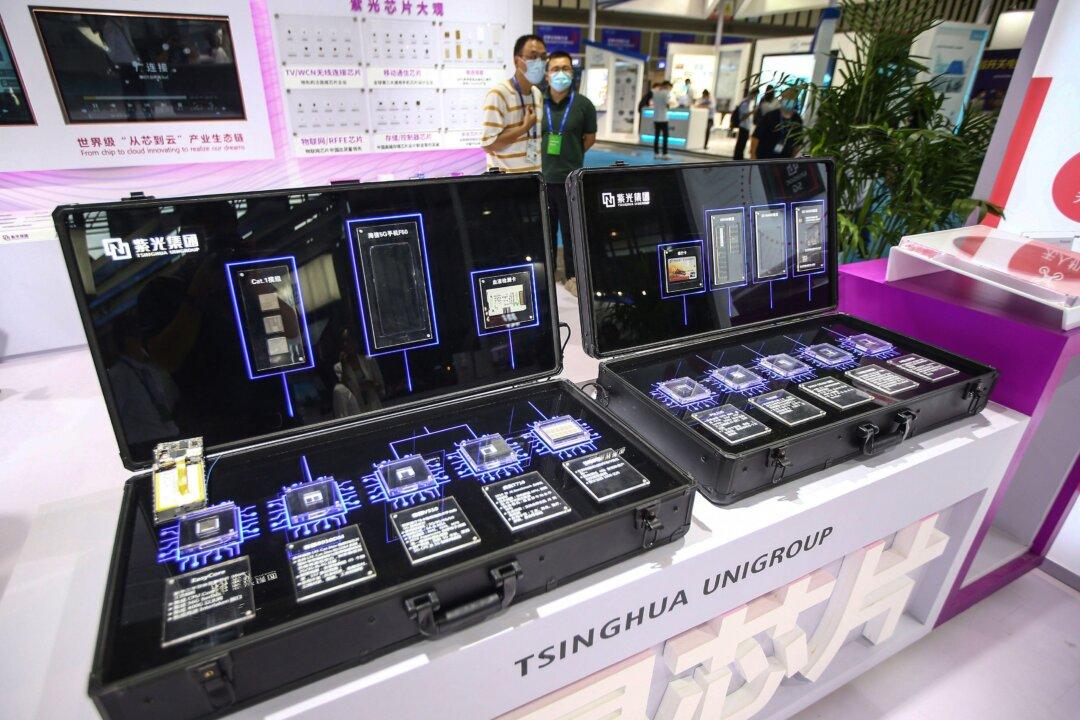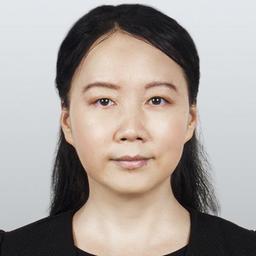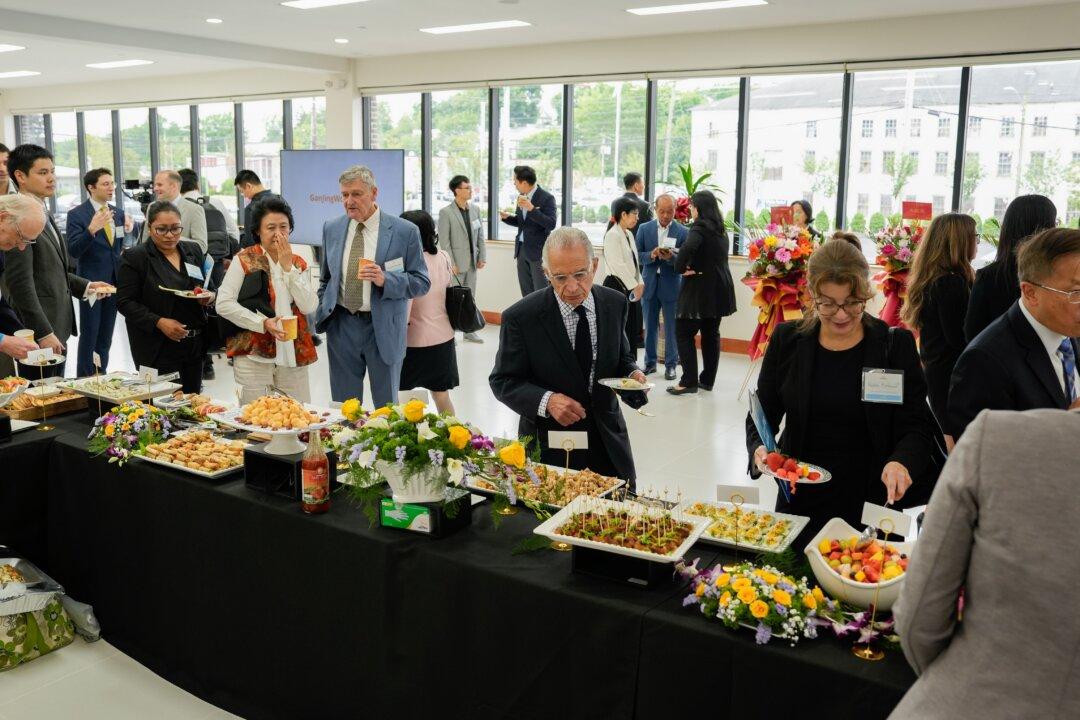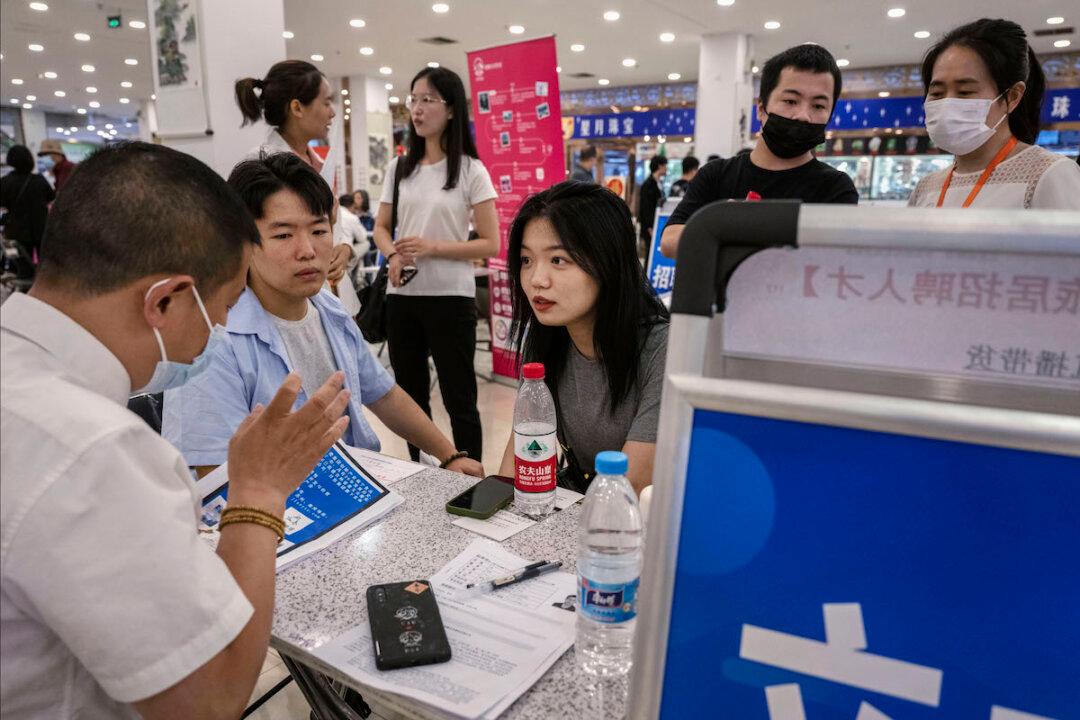Tsinghua Unigroup, a Chinese state-backed chip maker, said it received court notice that one of its creditors had initiated bankruptcy proceedings for the group, dated July 12.
Tsinghua Unigroup is a commercial arm of China’s Tsinghua University and an integral part of Chinese Leader Xi Jinping’s semiconductor self-reliance dream. One of its creditors had requested the court to initiate bankruptcy and reorganization proceedings due to Tsinghua Unigroup’s failure to repay debts and its glaring insolvency.





